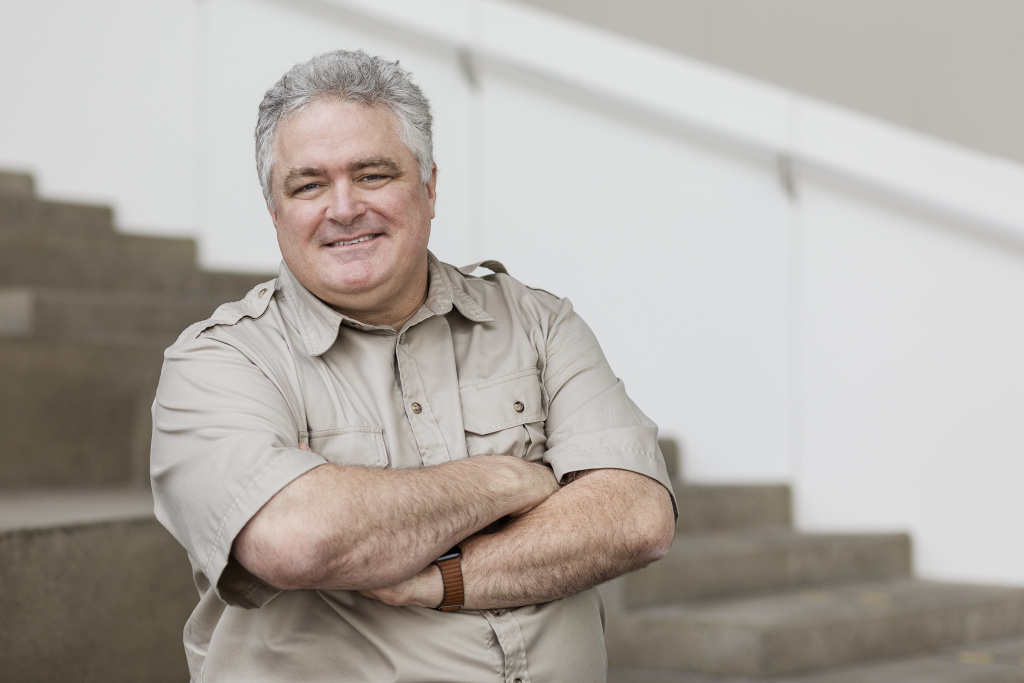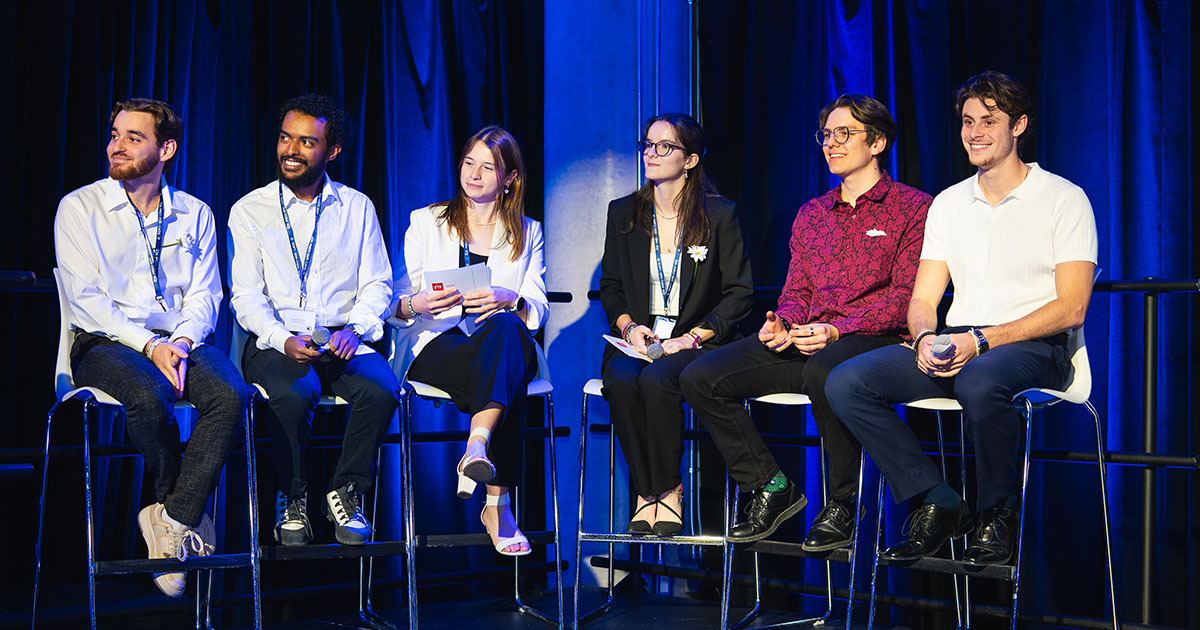
Conditions such as cancer, heart disease, diabetes and obesity are not contagious, yet they are responsible for almost 70% of deaths worldwide, and the number rises up to 88% in Canada. Such figures are high, even in the event of a pandemic. This paradox is explained by the fact that diseases are often caused by poor lifestyle habits: prolonged sitting, poor diet, smoking…
Although the vast majority of Canadians know they need to move more, eat better and stop smoking, many find it hard to take action. There’s often a gap between what we know and what we actually do. This is what we call ambivalence: that little inner voice that tells us both “I want to change” and “now’s not the right time.”
When Motivation Becomes a Hindrance
Here’s an example: “I know I should exercise more, but I never have the time.” This type of reasoning is very common and shows just how difficult it is to change habits, even when motivated. Psychological approaches, such as motivational communication, aim to help people overcome this ambivalence. Such methods have shown success, but they often require face-to-face support, which limits their accessibility.
This is where technology comes in.
An App for Better Self-Understanding
Concordia University Professor Simon Bacon has launched an application called ACCELERATION. Its aim is to help people adopt better lifestyle habits—without the need to see a healthcare professional in person. The app uses the principles of motivational communication to encourage users and help them overcome their hang-ups.
But not everyone reacts in the same way to these tools. To make the application more effective, Éric Granger, an artificial intelligence expert and professor at ÉTS, joined the project. His role: using AI to better understand user emotions, namely their ambivalence, demotivation or distress.

Reading Between the Lines… And Expressions
Today, advances in artificial intelligence make it possible to create systems capable of detecting people’s feelings from their voice, face or even posture. For example, if users shrug their shoulders, look hesitant or respond in a discouraged manner to an avatar, the application will be able to adapt its approach in real time to encourage them in a different way.
It’s a bit as if the AI were acting as an advisor, able to sense when something is wrong, and react.
The Challenges
Creating such a technology is no simple matter. For a start, there are as yet no databases containing examples of ambivalence—unlike more obvious emotions such as joy or anger. These data must be created from scratch, which requires a great deal of time and resources.
Next, different sources of information must be combined (voice, facial expressions, posture) to fully understand what the user is feeling. AI must also take into account the differences between individuals: we don’t all express our emotions in the same way, depending on our age, culture or personality. And of course, it has to work whether the person is using a phone, tablet or computer, in a quiet or noisy space.
A Promising Technology
The aim of this project is simple: to make digital health tools more human, more sensitive and, above all, more effective. A better understanding of users’ feelings means better support in their efforts to change. And this technology won’t just be used to change people’s lifestyles. It could also be used to improve compliance with treatment or health regulations.
In short, this alliance between artificial intelligence and psychology could not only improve many people’s quality of life, but also ease the pressure on our healthcare system. And the students involved in this project will be at the forefront of a rapidly expanding field.



